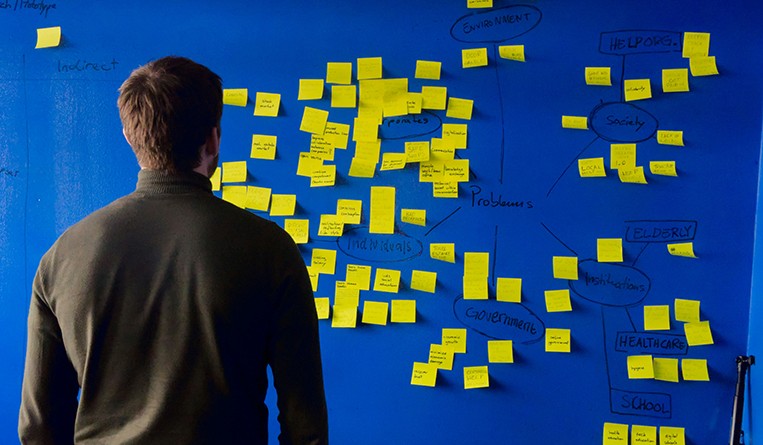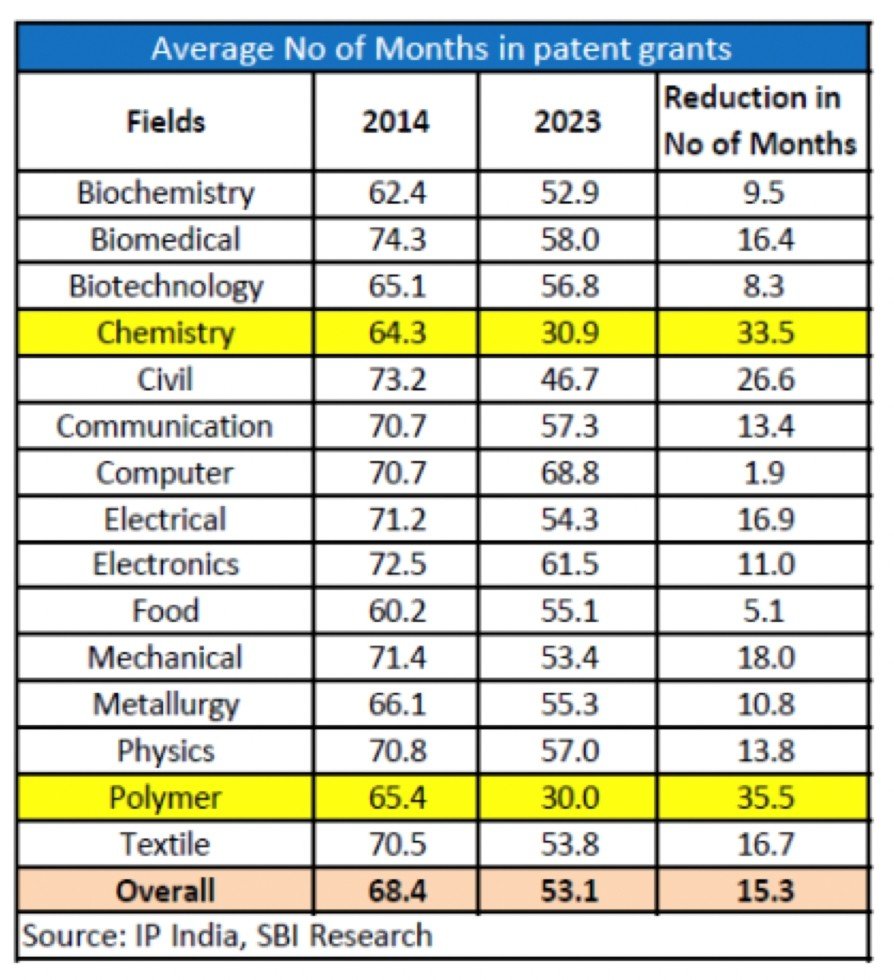Patents: Quality versus quantity
31 March 2024

India has emerged as the world’s third-largest startup ecosystem with over 125,000 startups and 110 unicorns. Many of these startups are at the forefront of innovation in disruptive technologies (like AI, Internet of Things, Big Data, cybersecurity and blockchain). These startups actively seek protection of their intellectual property through patents, spurred by government incentives such asan 80 percent fee rebate and fast-tracked examination on filing patent applications, along with a 50 percent fee rebate in filing trademark applications.
To bolster patent filings in the country, the Indian government also provided 22 new TISC (Technology and Innovation Support Centers) to offer support to individual patent filers, SMEs, and start-ups. The number of IP facilitators (IP MITRAs) was increased from 465 to 2,000 under the scheme for facilitating Start-ups Intellectual Property Protection (SIPP).
This initiative has led to a significant increase in patent filing, with around 90,309 by the end of 2023.

Indian residents, primarily startups, have filed over 50 percent more patent applications against foreign filers, reflecting India’s fast-growing innovation ecosystem. In terms of magnitude of patents of resident applications, per US$100 billion GDP, India surpassed Australia and Canada, and is expected to surpass the UK in the next two or three years.
Another remarkable point to be noted is that the average time for patent examination in India decreased from 2,160 days in 2016 to 120 days in 2022, positioning India with the shortest examination period among major countries. The rapid rate at which patents are now being examined is a result of a slew of reforms undertaken by the government, and also an expansion of capacity in terms of processing patents. For example, the government last year has hired around 500 new patent examiners.
These reforms have enabled in clearing the back-logged patent applications, resulting in over 100,000 patents granted between March 2023 and March 2024, averaging 250 grants per working day. The Indian Patent Office has now cleared the old pendency, and fresh patent applications are granted within 22 months.

Quality versus quantity
Despite these advancements, the United States Trade Representative’s 2023 report placed India on its Priority Watch List along with Argentina, Chile, China, Indonesia, Russia and Venezuela. Placement of a trading partner on the Priority Watch List or Watch List indicates that particular problems exist in that country with respect to IP protection, enforcement, or market access for U.S. persons relying on intellectual property.
This highlights a critical issue of an emerging “patent paradox” in the country, where a high volume of patents granted may lead to a dilution in the quality of the patents, potentially stifling the innovation ecosystem in the country. This scenario, previously observed in China, underscores the challenge of maintaining the balance between patent quantity and quality. Low-quality patents can congest the innovation pipeline, affecting not just startups and SMEs but also large corporations.
The pressure to maintain high output by the Indian Patent Office can lead to hurried examinations during prosecution and potentially lowering the quality of patents granted. Quality also comes hand in hand with the experience and training of the examiners. As a result, this places a burden on the courts to correct low standards applied by the patent offices in individual cases. However, this is detrimental to legal certainty and costs a lot of money. Eventually, this would turn out to be particularly disadvantageous to SMEs, which cannot afford costly litigation.
The other concerns related to the quality of patents in India includes patent revocations, rigorous patentability criteria, lengthy and costly opposition processes, and excessive working requirements. Stakeholders also continue to express concerns over vagueness in the interpretation of the Indian Patents Act. This all contributes to ambiguity and uncertainty in the emerging patent landscape of the country.
This lowering quality environment may also deter venture capital (VC) investments, as for instance, as per a Global Data report, India experienced a 34.6 percent reduction in VC funding deals compared to 2022, with a total of 920 deals announced from January to October 2023.
Way forward
As India progresses in its ability to grant patents efficiently, the focus should also now shift towards ensuring that each patent granted represents agenuine and quality innovation which translates into value for patent owners. Policy support may be devised such to fuel the upsurge in quality innovations in the emerging technologies which positions India among the most innovative countries of the world.









